Now that June has arrived and many of us have our flowers planted, it’s time to remind ourselves to keep feeding our plants. Most plants like the soil pH level to be around 6.5 (with the exception of some acid loving plants). At this soil pH level the amount of the most important nutrients such as calcium, nitrogen, iron, and sulfur, become readily available to the plant. Nitrogen is one of the most abundant nutrients found in our atmosphere, but it can only be taken up as a nitrate or an ammonium. This is done by the break-down of bacteria in the soil or by using specific fertilizers that make it possible for plants to use this nutrient for energy.
Make sure to water only when needed. Whether it is growing vegetables, annuals, perennials or nursery plants, the single most important thing for a plant in terms of health and yield is water. Test your soil like your mom taught you how to bake a cake. Place your finger in the soil and if soil remains on your finger, watering is not needed. If it’s crumbly and there is no soil on your finger, you should water. Fertilizing your soil provides the health needed for plants and it also naturally lowers your pH which advantageously helps the availability of nutrients. Fertilize approximately every 7-14 days and make sure to leach your pots while watering. Leaching will minimize salt build up and ensure that your entire pot contains water, giving your plant adequate conditions for root growth. Happy Planting!
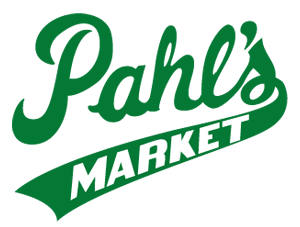
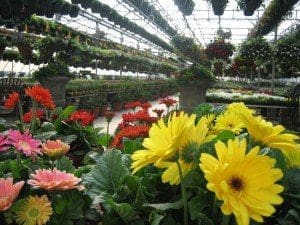
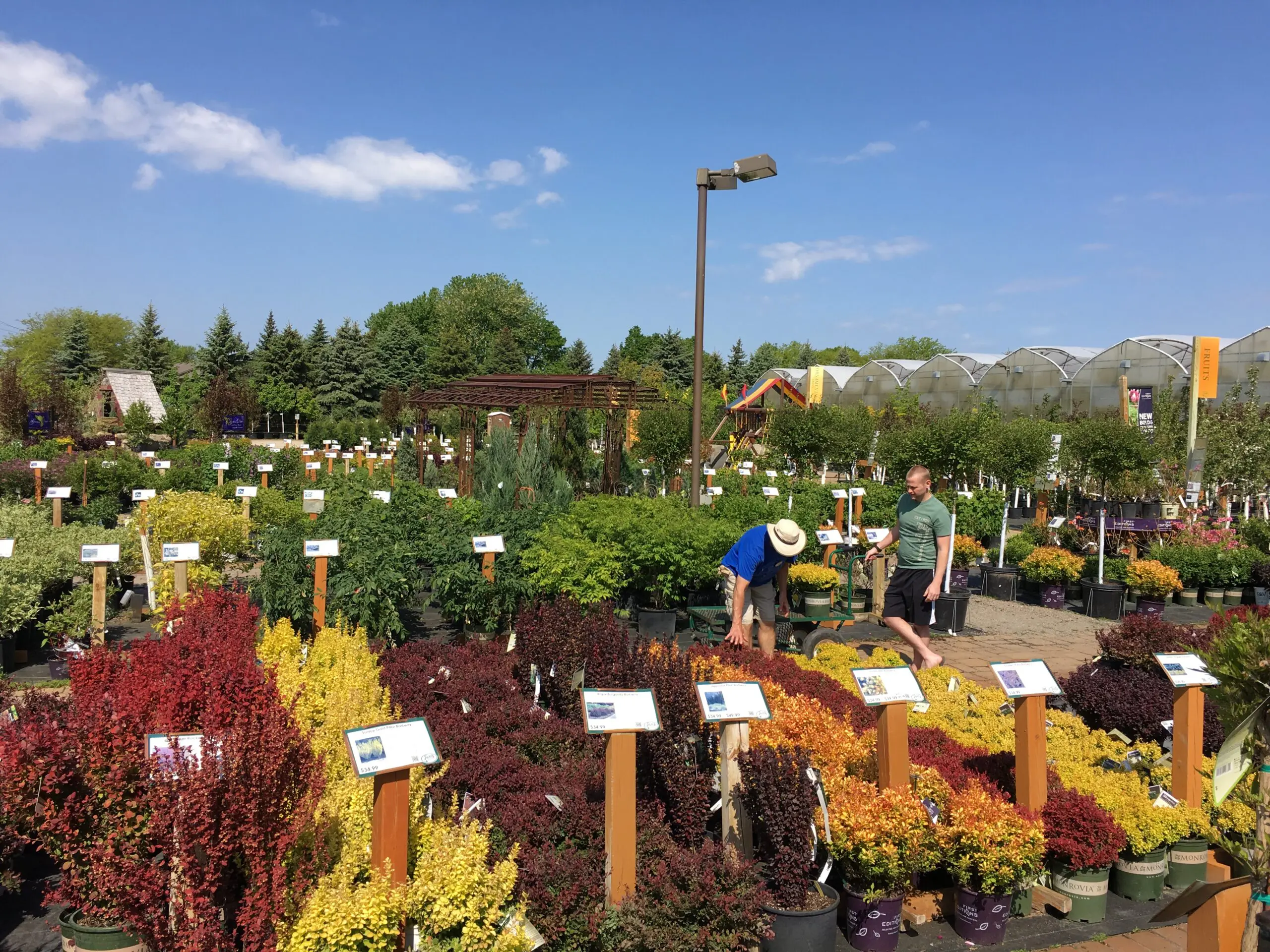
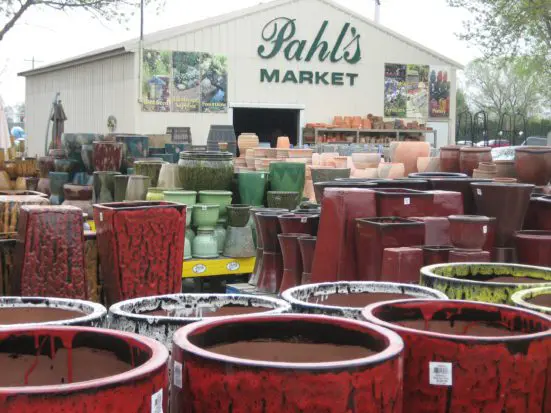
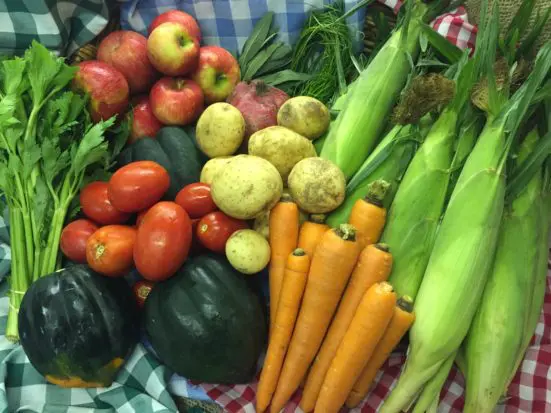
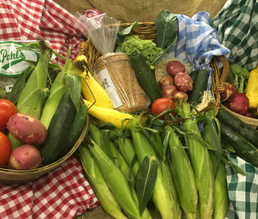
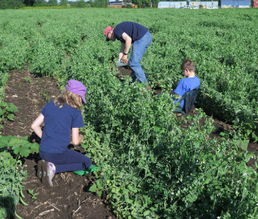
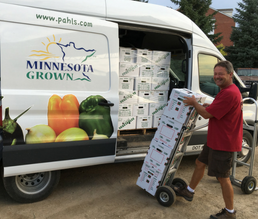
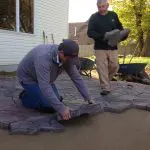

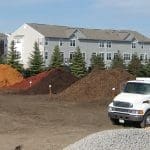

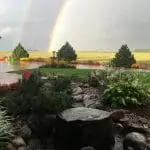
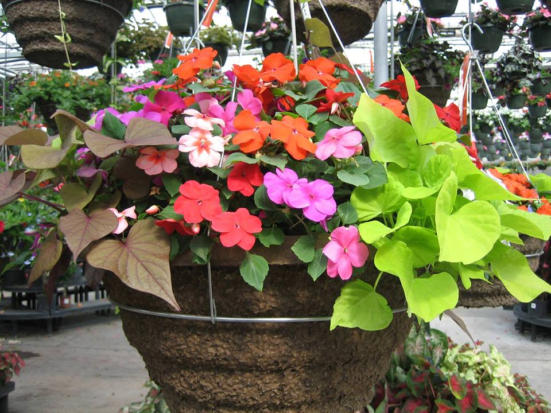
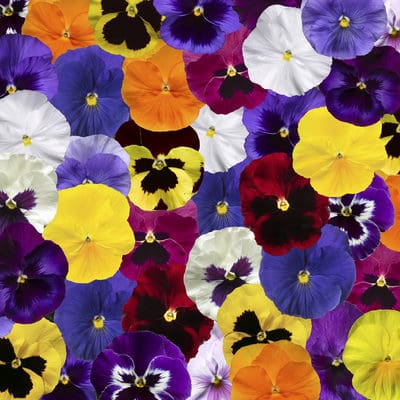
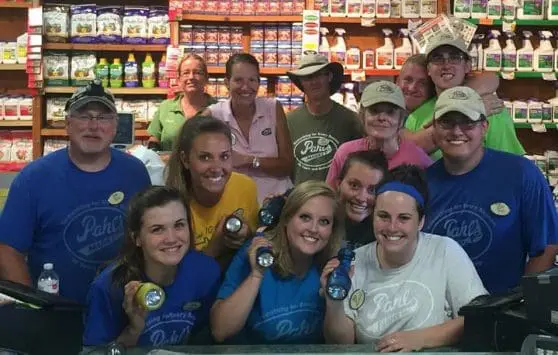
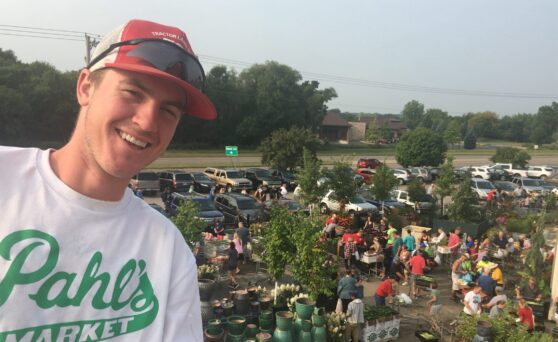

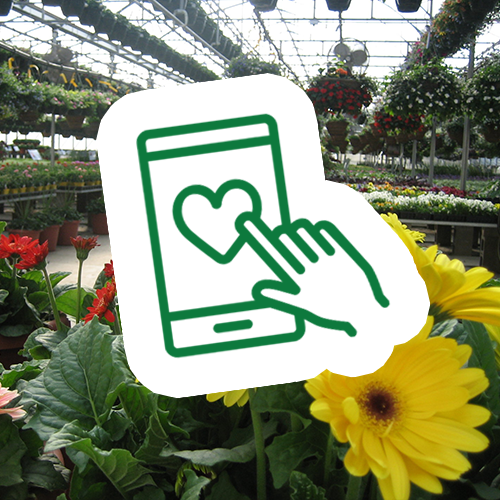
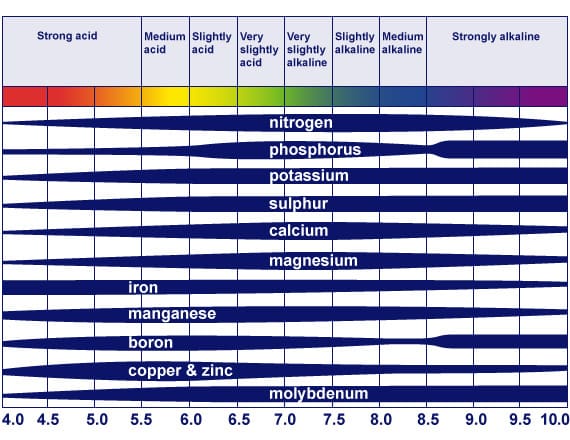

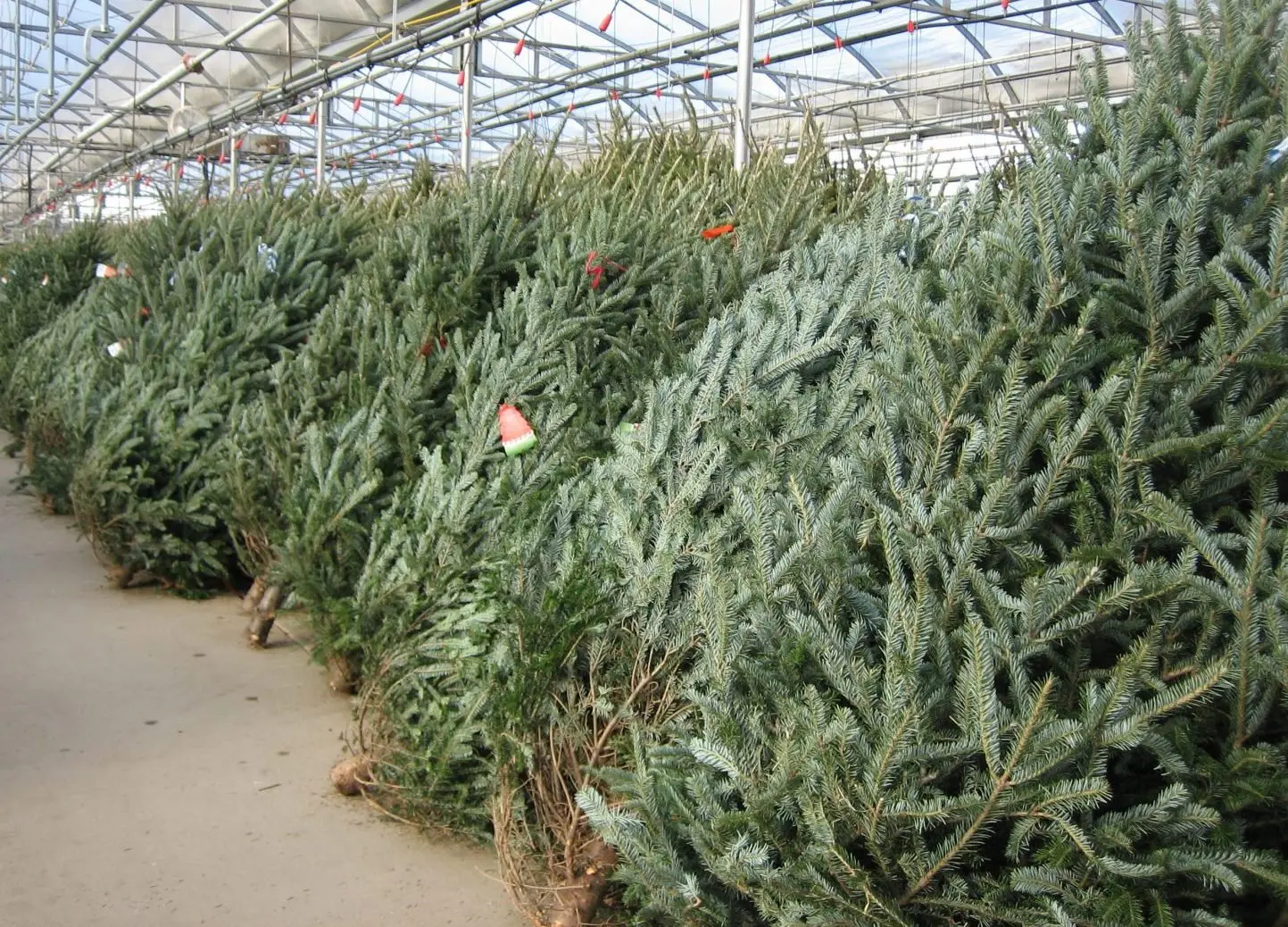

What does leaching mean?
Crab grass is taking over my lawn, how do I kill it while keeping my rose bushes and other bushes healthy? Our soil is very sandy, we live near the river.
thank you!
Jamie
Hi Jamie, thanks for your questions. There are several definitions of leaching but we are referring to the process of watering container plants to allow the drainage to carry away the excess water and help avoid salts from building up in the soil. Please give us a call at 952 431-4345 to discuss the crab grass issue with one of our experts.